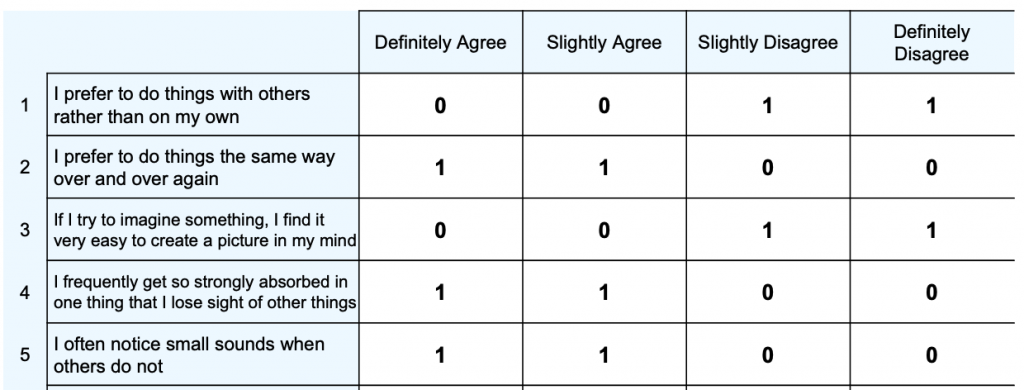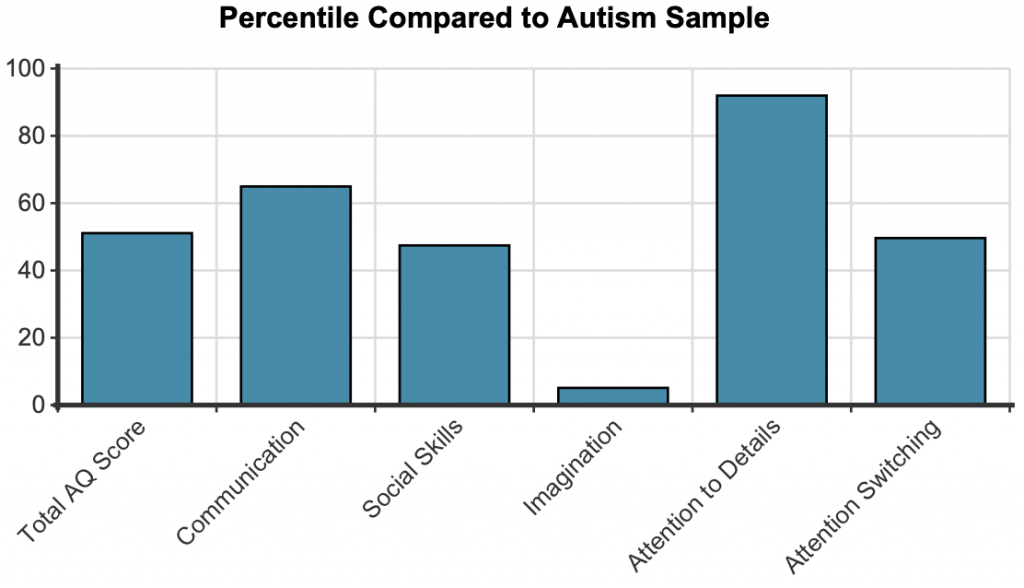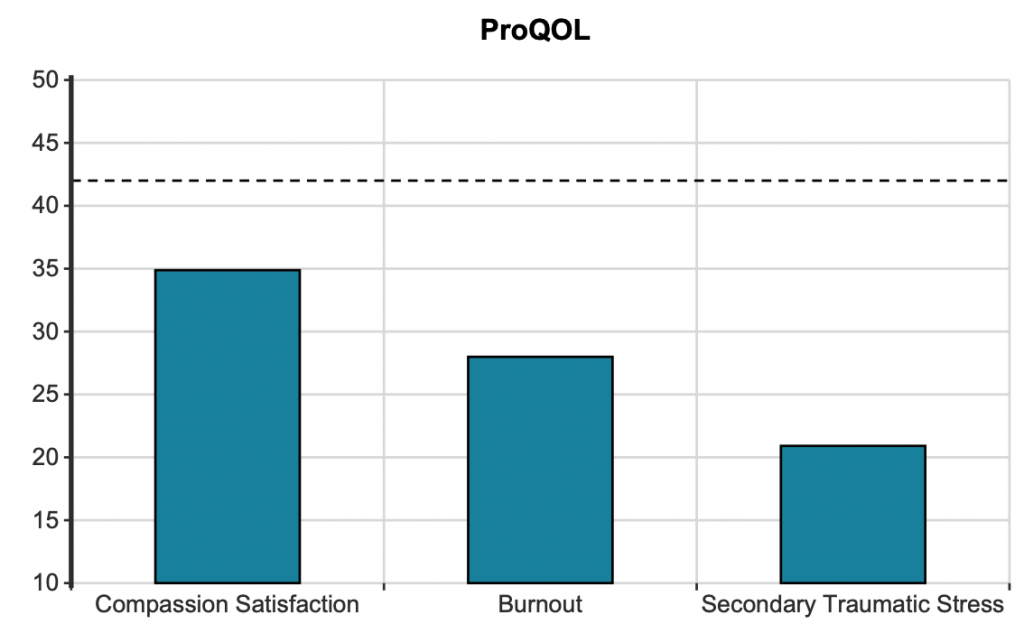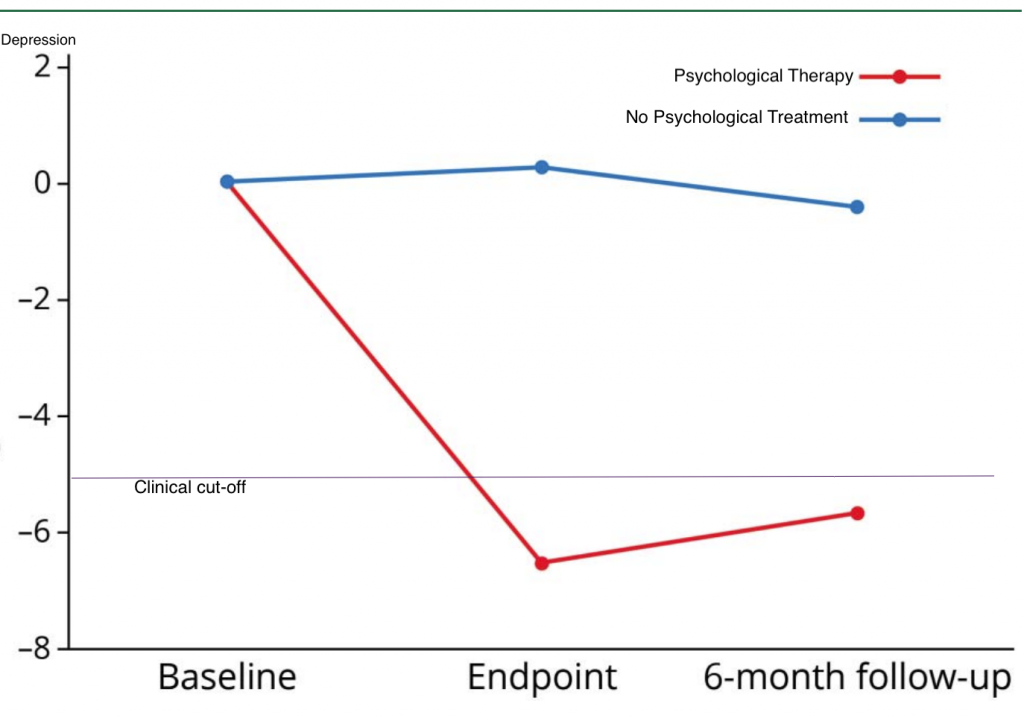↧
How clinicians use NovoPsych to their own mental health
↧
Autism Spectrum Quotient (AQ)
↧
↧
Burnout among psychologists: The Professional Quality of Life Scale (ProQOL)
↧
Predictors of Career Satisfaction Among Psychologists
↧
How can I get the results from NovoPsych on my computer or practice management software?
↧
↧
When I try to login to the WebApp I get a blank screen or two forward slashes ( // )
↧
Is NovoPsych available in North America?
↧
The NovoPsych iPad app has stopped working, how can I fix it?
↧
How does NovoPsych protect my patient information? Is NovoPsych Secure?
↧
↧
I have forgotten my password. How can I reset it?
↧
I have changed my address. How can I update it?
↧
Sometimes when I’m using the iPad app, I get a notification which interrupts use. How can I stop this?
↧
How to upgrade plan?
↧
↧
How much does NovoPsych cost?
Redirect to http://novopsych.com.au/pricing/
↧
How do I cancel my plan?
↧
How to change my email address?
↧
Can I use NovoPsych on Android or Windows tablet?
↧
↧
How do I lock my iPad into NovoPsych to ensure security?
↧
Can I change the date of an assessment?
↧
Can I assign an assessment to a different client?
↧















